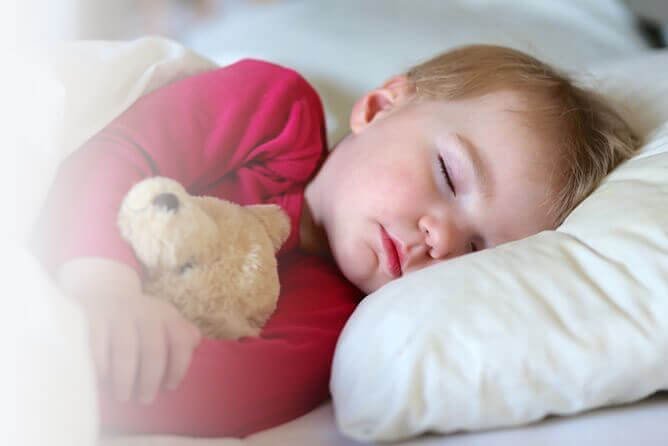Moms and dads' issues about bedwetting are frequently dismissed
It is really typical for issues about a kid's bed moistening to be dismissed out of hand by well-intentioned friends and family. The advice is frequently that they will just "grow out" of it.
My physician told me not to stress.
Medical professionals often assure parents that everything is typical and not to stress-- nevertheless, this is treating the parent rather than treating the kid.
Many GP's and nurses are not trained in modern-day best practice when it comes to bedwetting, and it isn't high on their list of top priorities due to the fact that it is a relatively benign youth condition; no-one passes away from it! Likewise, because medicinal remedies are brief and can have rare but major side-effects, there is an understandable unwillingness to prescribe these. As a result, there are not a great deal of tools in your physician's bag to deal with bedwetting and referrals to overstretched healthcare facility Paediatric Departments or underfunded Enuresis Clinics are just not in their interests.
What does 'growing out' of bed moistening actually suggest?
Outgrowing bedwetting indicates that a child establishes the ability to acknowledge a complete bladder during sleep. They will begin getting up to use the toilet, or hang on till morning. It's like catching a ball-- some kids do it immediately-- some need a little practice.When will my kid 'grow out' of bed wetting?
Even if you, a good friend or member of the family's child was a bedwetter and outgrew it at a specific age, this is no assurance your child will also stop bedwetting at the very same age.The genuine odds of your kid outgrowing bed wetting
A great deal of well-meaning loved ones medical professionals have not done the mathematics prior to they tell you not to fret.
From the age of 5, bedwetting is considered a medical condition in the UK and statistics show that only 15% of bedwetters will stop un-aided every year from this age on.
This means that by the age of 9, over half of all those children who damp the bed at 5, will still be moistening the bed! These are not great chances, especially after 4 years of putting up with the expenses of extra laundry and non reusable diapers, but more importantly, the expenses to a child's self-esteem.
As soon as a kid remains in double figures, bedwetting is typically triggering havoc with their self-confidence and psychological advancement. By the age of twelve, 1 in 3 bedwetters are still wetting the bed and by 16, 1 in 6 bedwetters still haven't outgrown it. ☹ ☹ ☹ Imagine how you would feel if you were a teenager who wet the bed.
Bedwetting is not a life-threatening condition BUT you still require to do something about it unless there is a great factor not to e.g. underlying health problems, household issues, adult stress.
Need to I keep my kid in diapers and "manage their bedwetting"
In order for your child to find out, he or she needs to experience the undesirable repercussions (odor, feeling, and discomfort) of moistening in their sleep, but fully taking in diapers take this away.
The yearly cost to the home spending plan of keeping your kid in non reusable diapers is significant. If you can afford diapers, you can afford a bedwetting alarm and remove this expense! Also, diapers impose a big cost to the environment where they are the 3rd largest product in land fills behind papers and drink containers.
" children accomplish 'dryness' separately faster when they terminate wearing disposable containment products. Therefore, long-term usage of disposable products is typically not advised by continence consultants."-- Australia Continence
I was informed my kid doesn't produce enough anti-diuretic hormonal agent (ADH).
It holds true that some children do not produce enough ADH hormonal agent to stop the kidneys from producing urine at night. However, lack of ADH does not trigger bedwetting. Children who have low levels of ADH but have established their bladder reflex won't damp the bed-- they will simply get up and go to the toilet.My child is a very deep sleeper -that's why she moistens the bed.
Again, there are lots of kids who sleep deeply who do not damp the bed. Deep Sleepers who do not respond to the full-bladder signals throughout sleep require to develop their capability to do this.How does a Wireless bedwetting alarms stop my child from wetting the bed.
A bedwetting alarm trains the child's brain to recognize the signals from the bladder so they can wake up and go to the toilet before they wet. It does this by putting a sensor in the underclothing which sets off the alarm when the kid initially begins to wet and the alarm wakes them so they can go to the toilet.
In time the brain works in reverse and finds out the reason it is being woken by the alarm is due to the feeling of a complete bladder. Ultimately, the kid will react to this feeling prior to the alarm goes off. This is called Conditioned Knowing.

Post a Comment